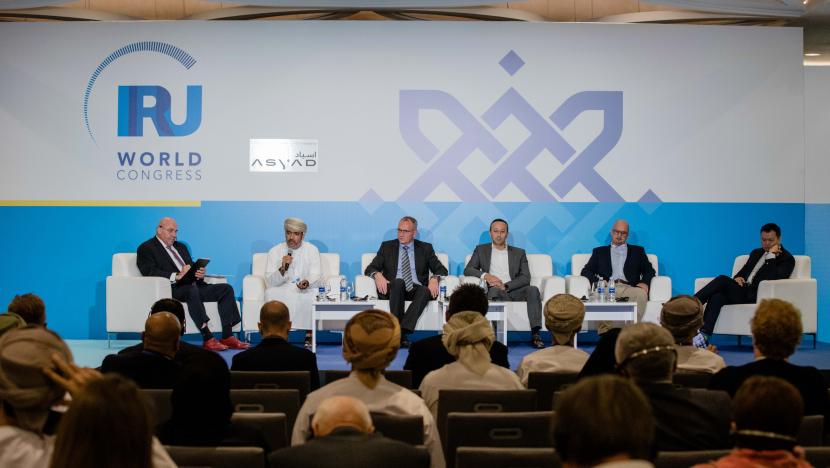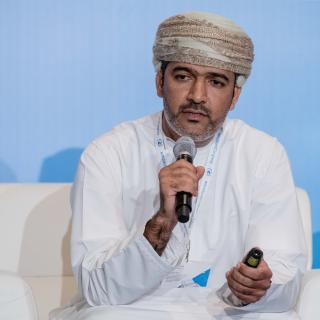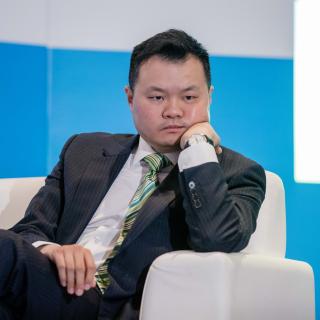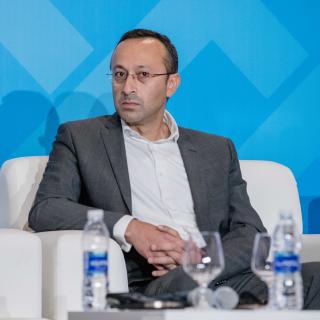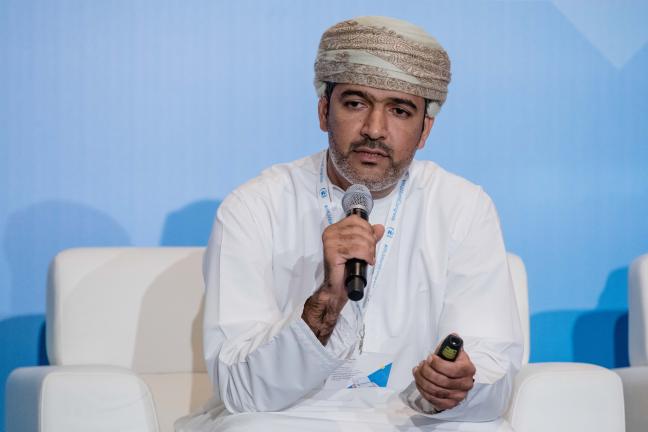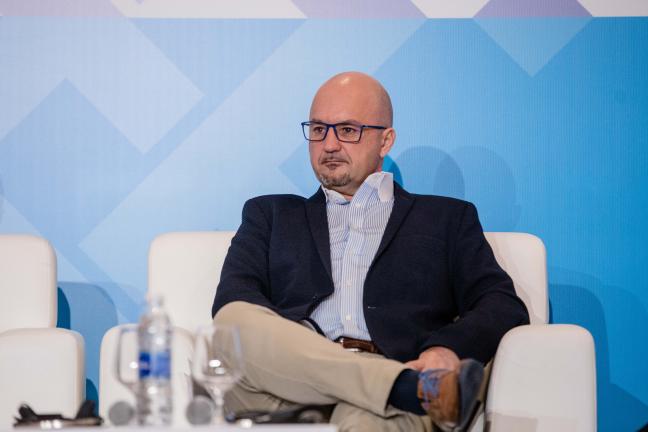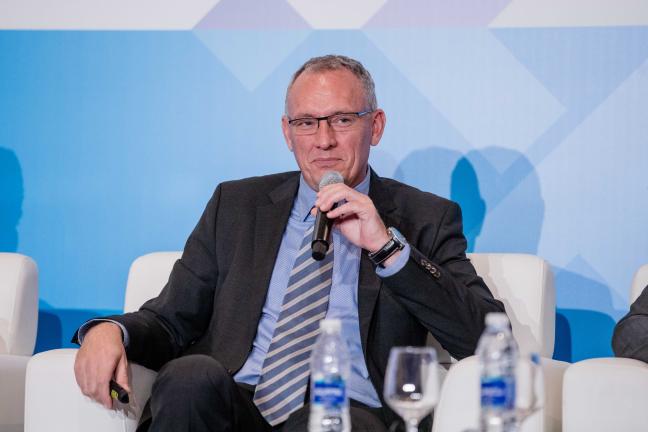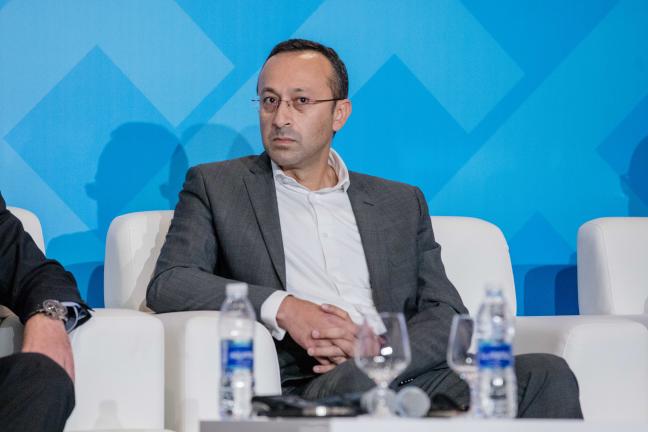Roundtable session wrap-up
Part of the “Future Proofing Your Business” hub at the World Congress, this roundtable examined ways to reap the benefits from new business models in the transport industry.
The industry is ripe with new practices that can generate additional revenue streams as well as solutions that can optimise resources. This roundtable session debated how transport operators can make the most of the change that is happening and integrate new revenue streams into their value chain.
Panelists included: independent expert and panel moderator Mark Millar, Fox Chu from McKinsey, Igor Jakomin from CargoX, Jacob Bangsgaard from ERTICO, Abdulmalik Al Balushi from Oman Post Company, and Ahmed Nasr from HERE Technologies.
“The traditional industry has a lot to learn from the newcomers”
New entrants into the transport sector are taking advantage of digitalisation and new technologies to make the industry more efficient and more profitable, as well as carving out their own market. These new companies tend to more innovative and flexible. The challenge going forward is how can scale and high capacity become agile? This debate aimed to answer this question.
“The traditional industry has a lot to learn from the newcomers”, explained Jacob Bangsgaard. “What we are seeing is how larger companies are interested in tapping into or even buying these start-ups with all their knowledge about innovation, artificial intelligence and blockchain. They want to use these companies to become more agile.”

